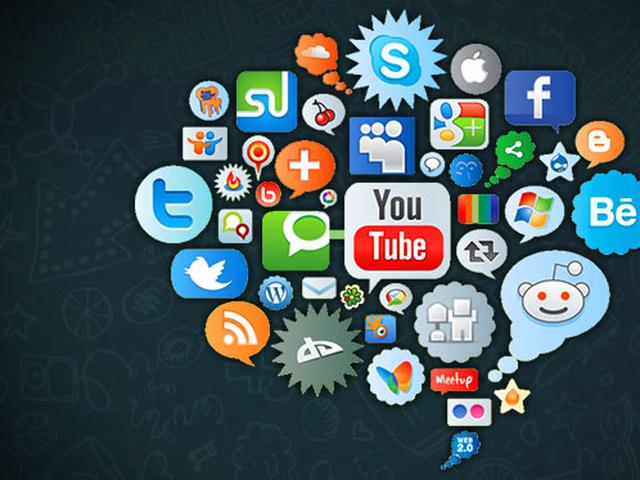
Assessing Actions and Responsibilities on Social Media
RPI – Assessing Actions and Responsibilities on Social Media. In today’s interconnected world, social media has become a powerful tool for communication, information sharing, and activism.
With millions of users worldwide, platforms like Facebook, Twitter, and Instagram offer individuals and organizations the opportunity to engage with diverse audiences and amplify their voices on a global scale.
Assessing Actions and Responsibilities on Social Media, However, along with its benefits, social media also presents challenges regarding the assessment of actions and responsibilities. In this article, we will delve into the complexities of navigating ethical considerations and accountability in the realm of social media.
1. Impact of Online Actions
Every action taken on social media has the potential to have far-reaching consequences, both positive and negative. From sharing news articles and promoting causes to engaging in debates and commenting on posts, users wield significant influence over public discourse and opinion. It is essential to recognize the impact of one’s online actions and consider the implications for individuals, communities, and society as a whole.
2. Ethical Considerations
Ethical considerations play a crucial role in determining the appropriateness of actions on social media. Users must adhere to principles of honesty, integrity, and respect for others’ rights and dignity. This includes avoiding the spread of false information, engaging in respectful dialogue, and refraining from harassment or discrimination based on factors such as race, gender, religion, or sexual orientation. Upholding ethical standards fosters a culture of trust, credibility, and mutual respect in online interactions.
3. Accountability for Content
With great power comes great responsibility, and social media users must be held accountable for the content they produce and share. This includes verifying the accuracy of information before dissemination, citing sources where necessary, and being transparent about any conflicts of interest or biases. Users who propagate misinformation or engage in harmful behavior online should be prepared to accept accountability for their actions and face consequences as appropriate.
4. Role of Platform Governance
Social media platforms also bear responsibility for ensuring the integrity and safety of their ecosystems. This involves implementing robust content moderation policies, enforcing community guidelines, and addressing instances of abuse, harassment, and hate speech. Platforms must strike a balance between fostering free expression and protecting users from harm, while also being transparent about their decision-making processes and engaging with stakeholders to address concerns.
5. Promoting Digital Literacy
Enhancing digital literacy among social media users is crucial for empowering individuals to navigate online spaces responsibly and critically evaluate information. Digital literacy encompasses skills such as fact-checking, media literacy, critical thinking, and understanding privacy settings and security measures. By equipping users with these skills, they can make informed decisions about their online actions and contribute to a more informed and constructive digital discourse.
6. Collective Responsibility
Ultimately, fostering a culture of accountability on social media requires collective effort from users, platforms, policymakers, and civil society organizations. By promoting transparency, ethical conduct, and responsible citizenship, we can create a safer, more inclusive, and more respectful online environment for all. Together, we can harness the power of social media for positive change and uphold the principles of integrity, empathy, and accountability in our online interactions.
In conclusion, navigating the complexities of assessing actions and responsibilities on social media requires careful consideration of ethical principles, accountability mechanisms, and the broader societal impact of online behavior. By promoting ethical conduct, holding individuals and platforms accountable for their actions, and enhancing digital literacy among users, we can foster a more responsible and respectful online community.
Rumah Produksi Indonesia
Di era dunia digital saat ini, Rumah Produksi Indonesia dapat membuat anda dalam pemenuhan sosial media yang profesional. Rumah Produksi Indonesia hadir dalam memberikan layanan digital solution sebagai pembuatan film, pengelolaan media sosial instansi pemerintah, dokumentasi kegiatan event, pembuatan animasi.
kami percaya bahwasannya teknologi yang profesional akan membantu bisnis semakin maju dan efisien. penasaran? Yuk, konsultasi gratis terlebih dahulu dengan menghubungi di kontak dan media sosial berikut
Baca Juga: Memperkenalkan Produk dengan Motion
Contact Us
WhatsApp : 0851-6102-9533 / 0877-7989-6335
Telp : (0274) 543761
Instagram : rumahproduksiindonesia
Email : rumpod.id@gmail.com




Tinggalkan Balasan